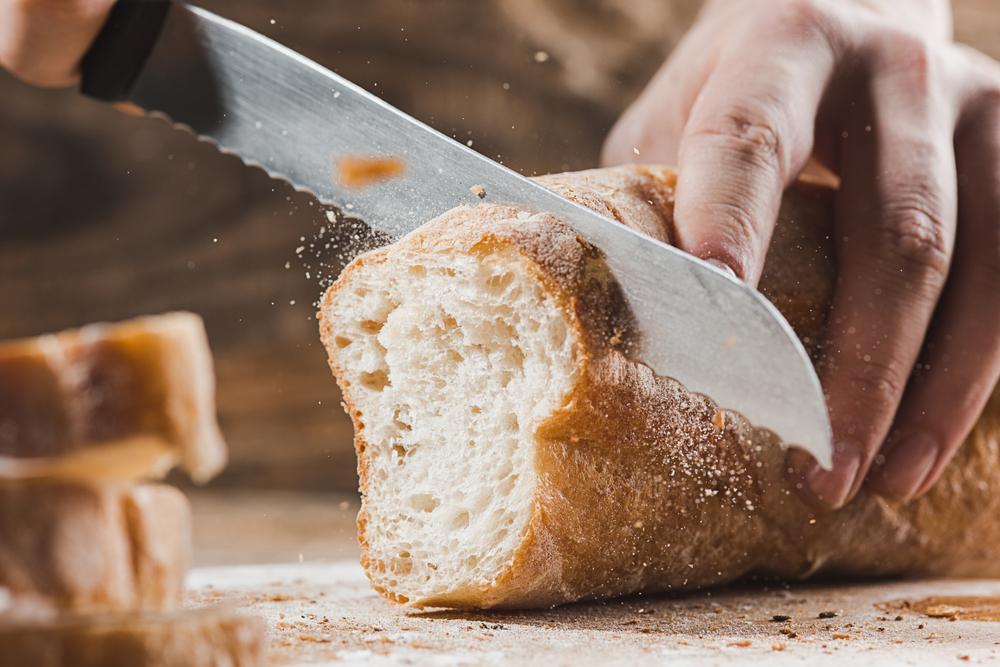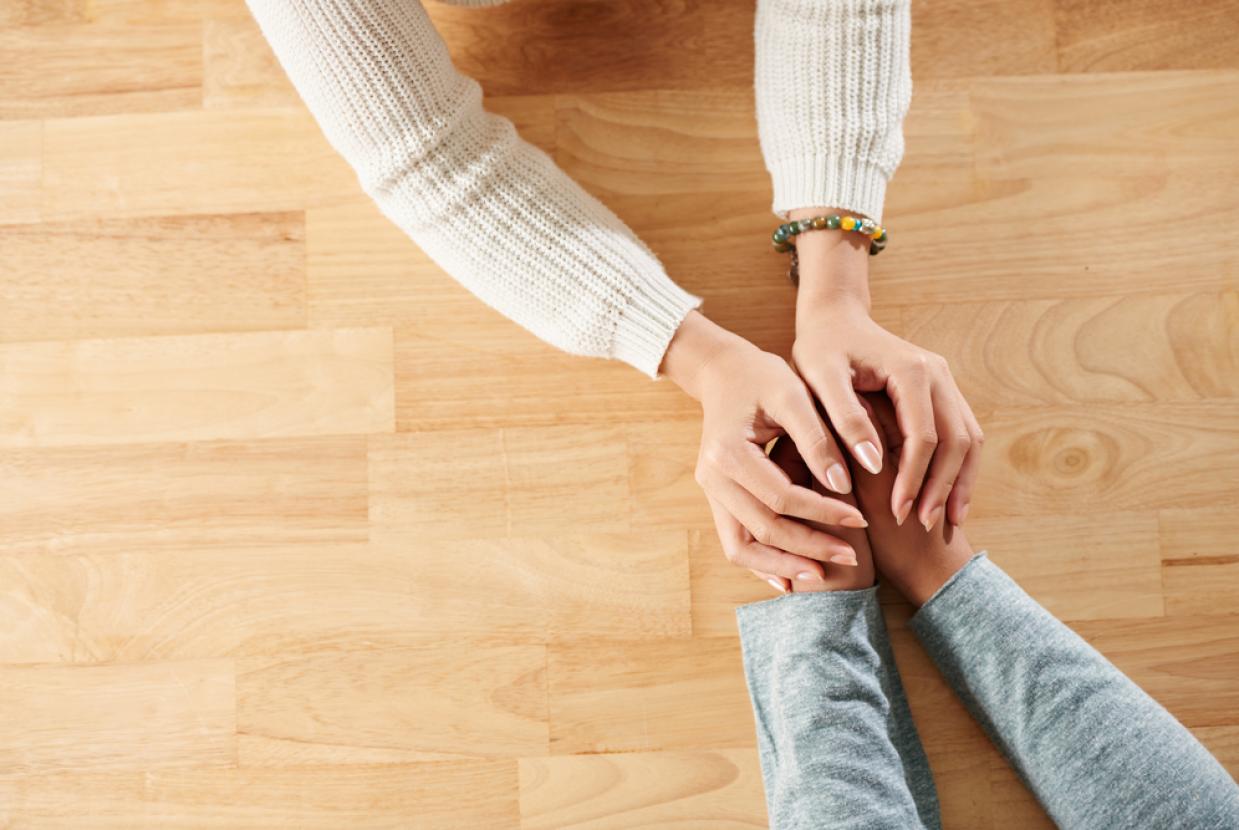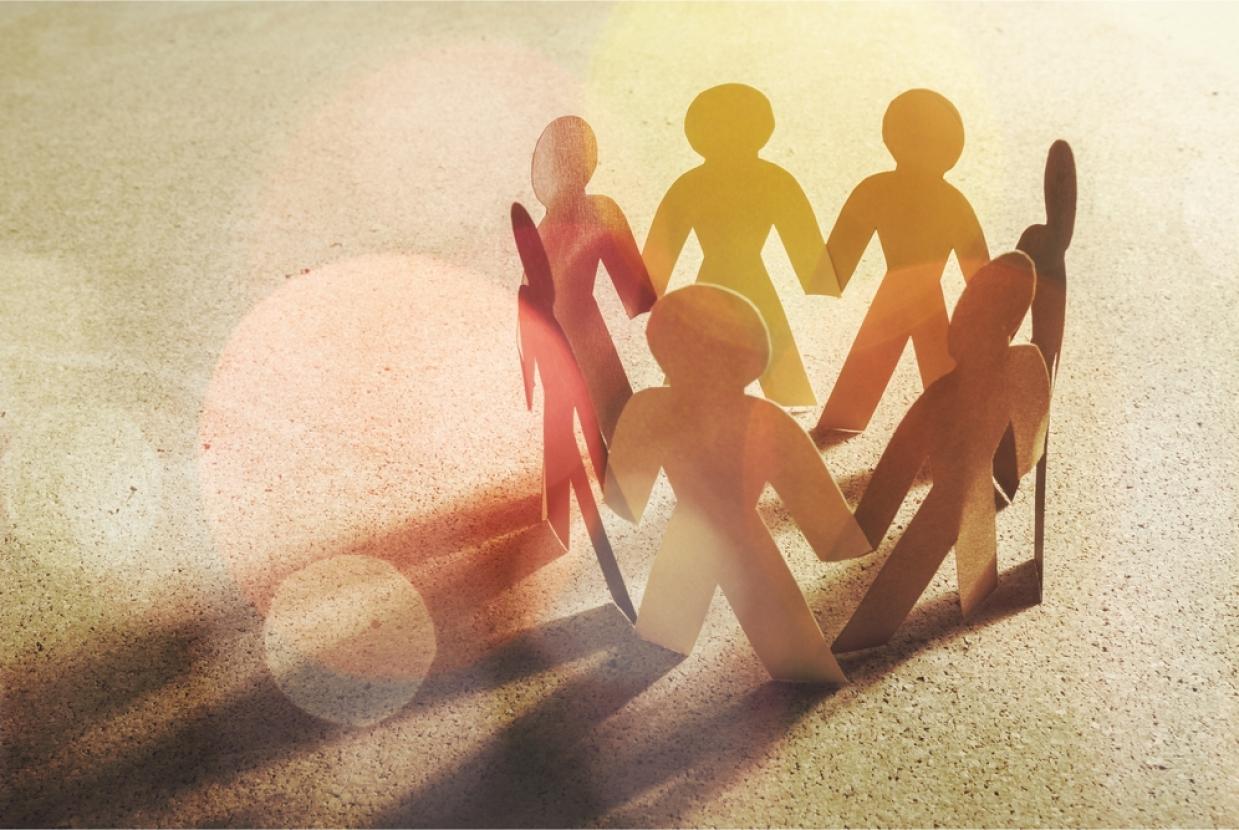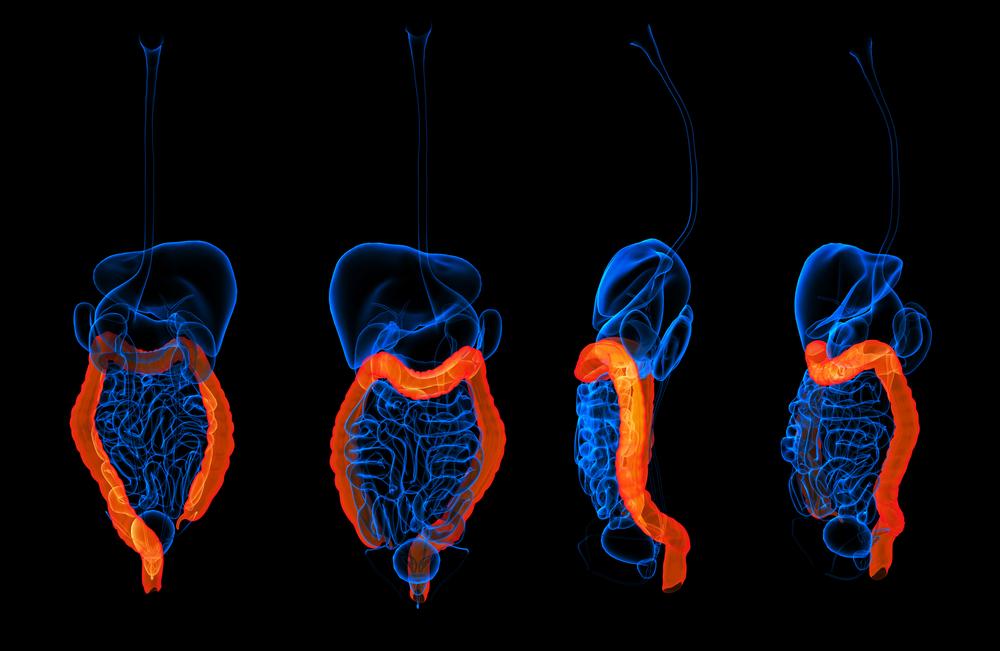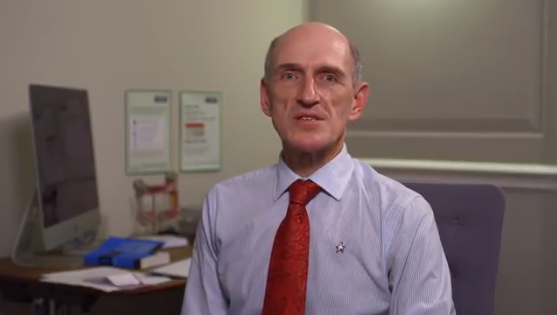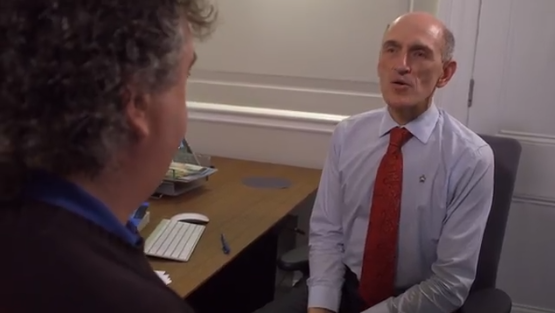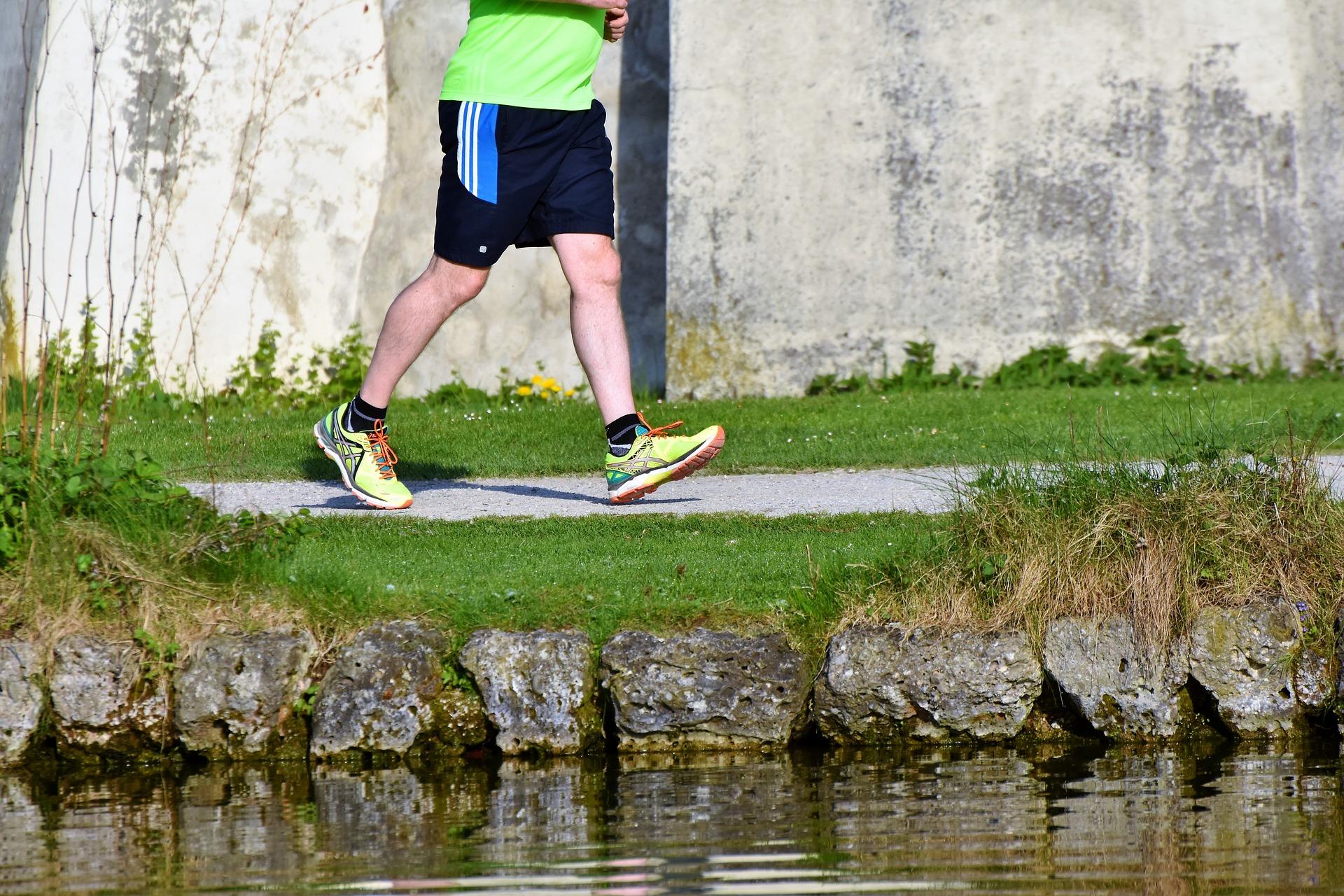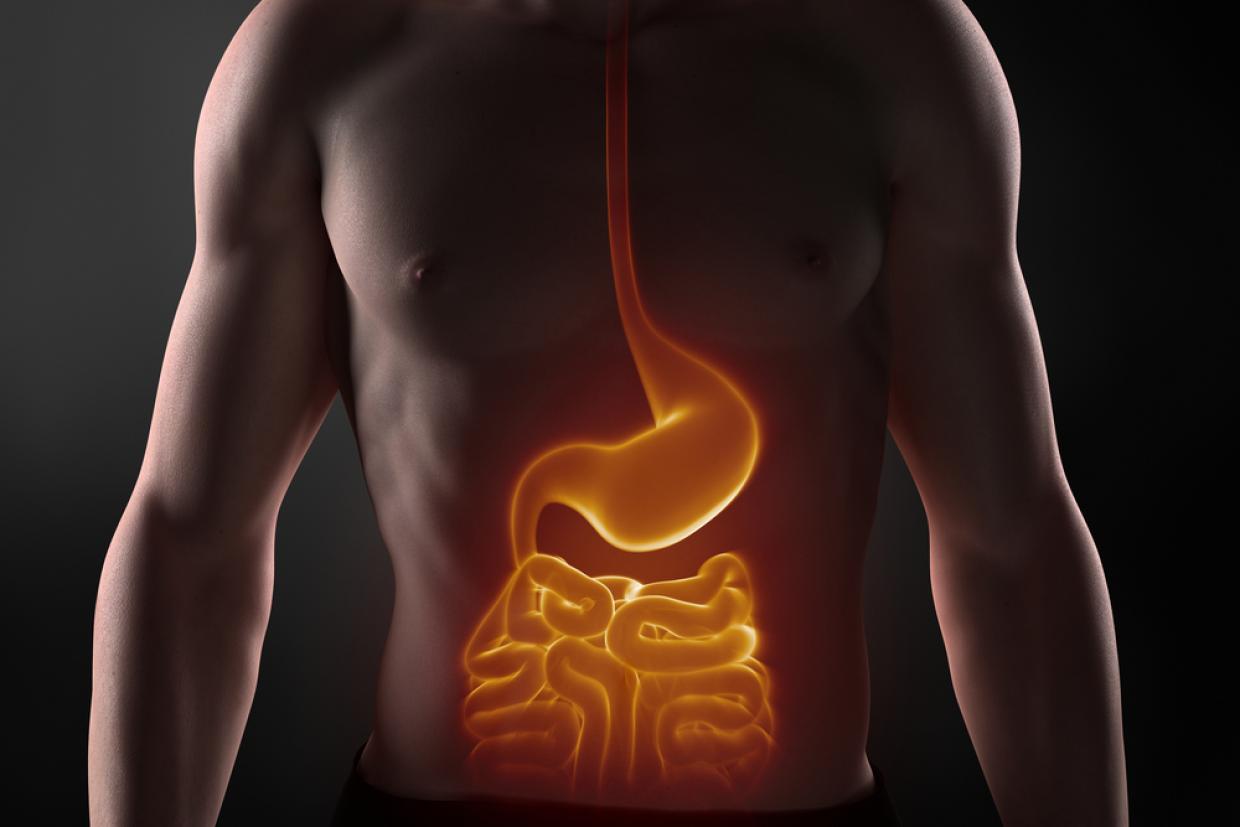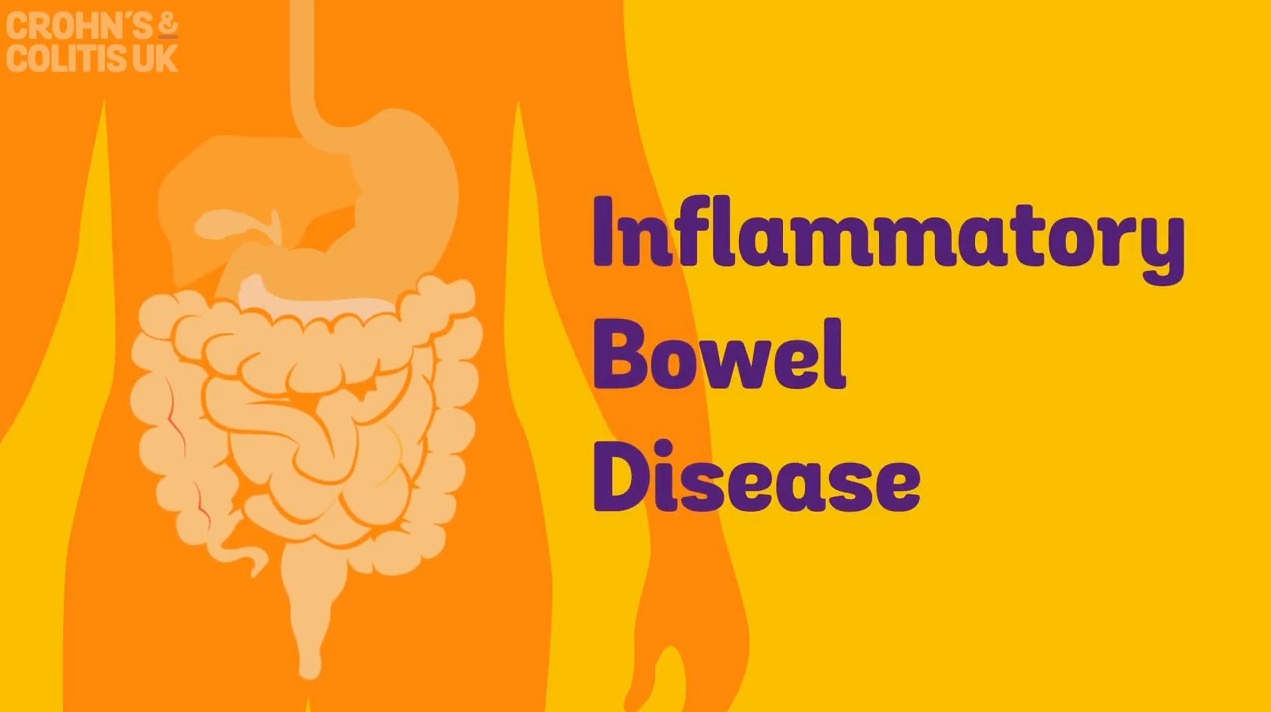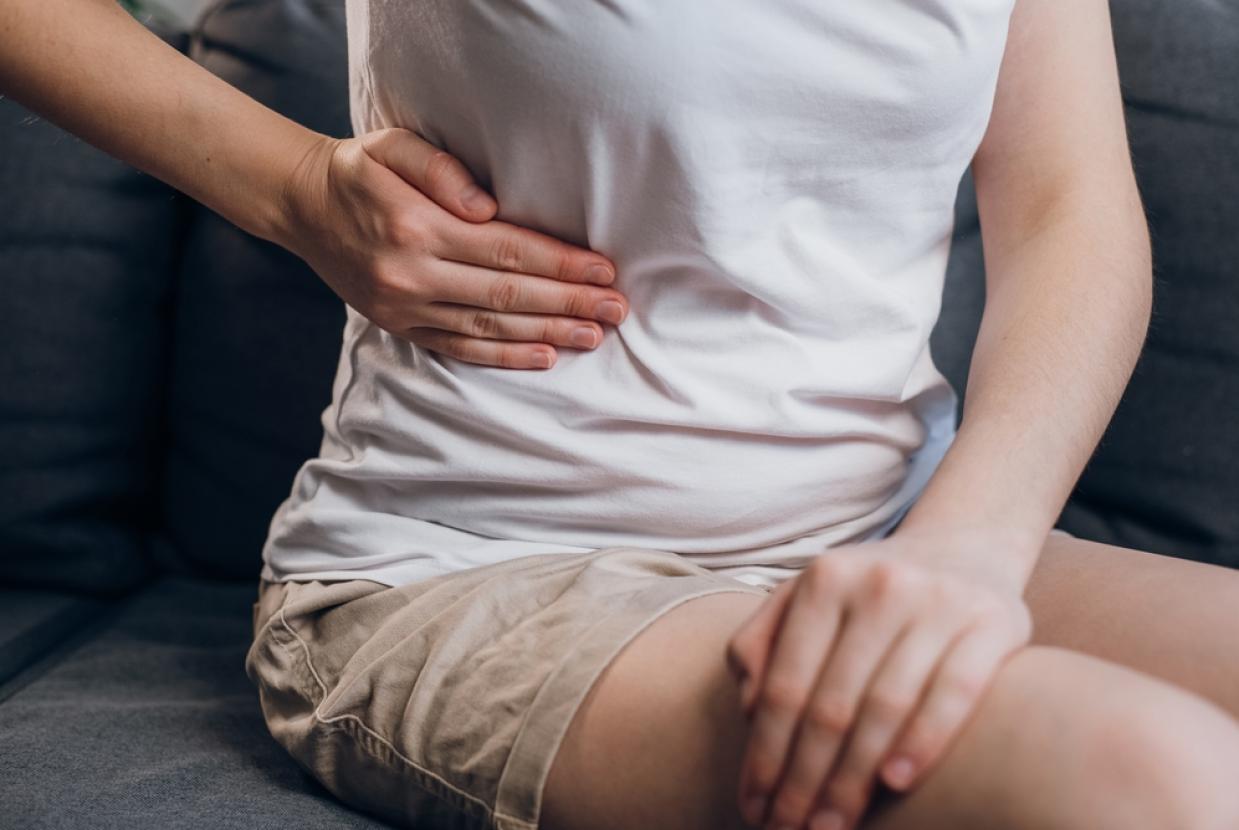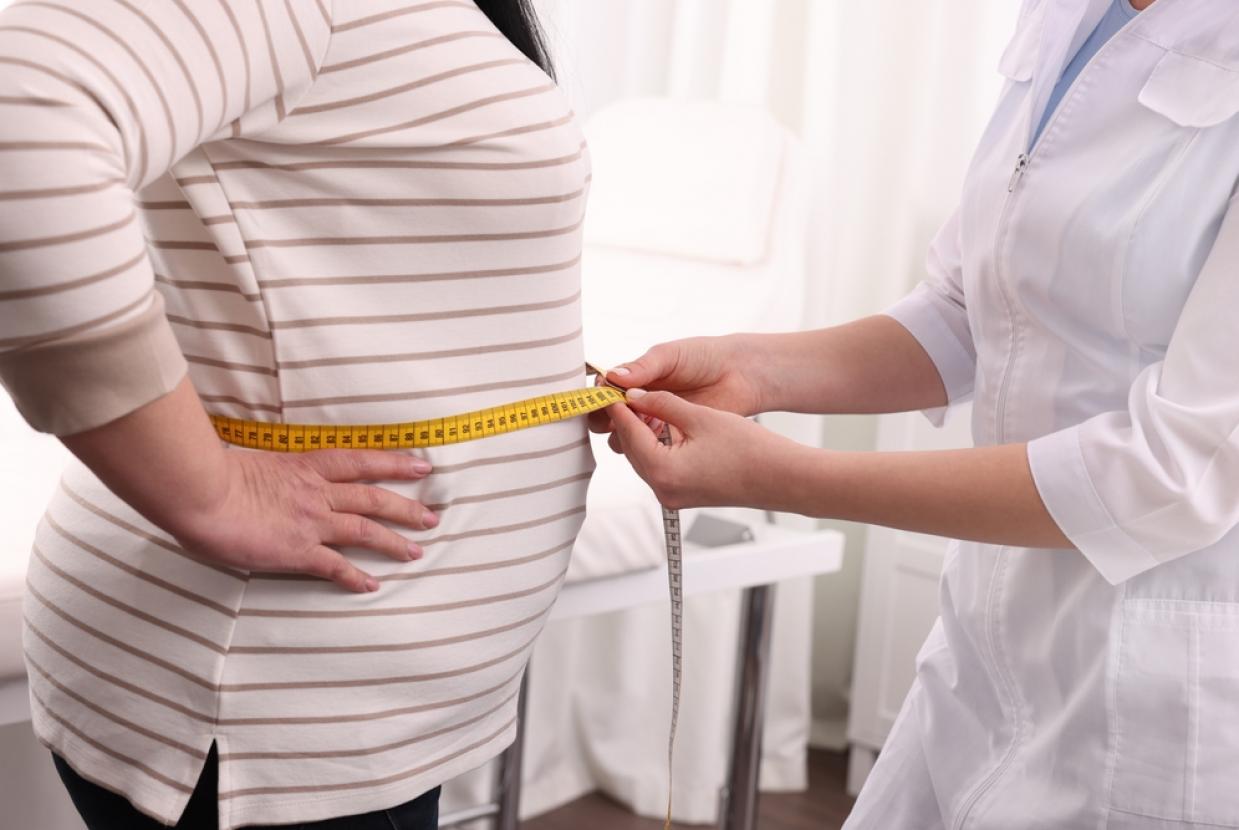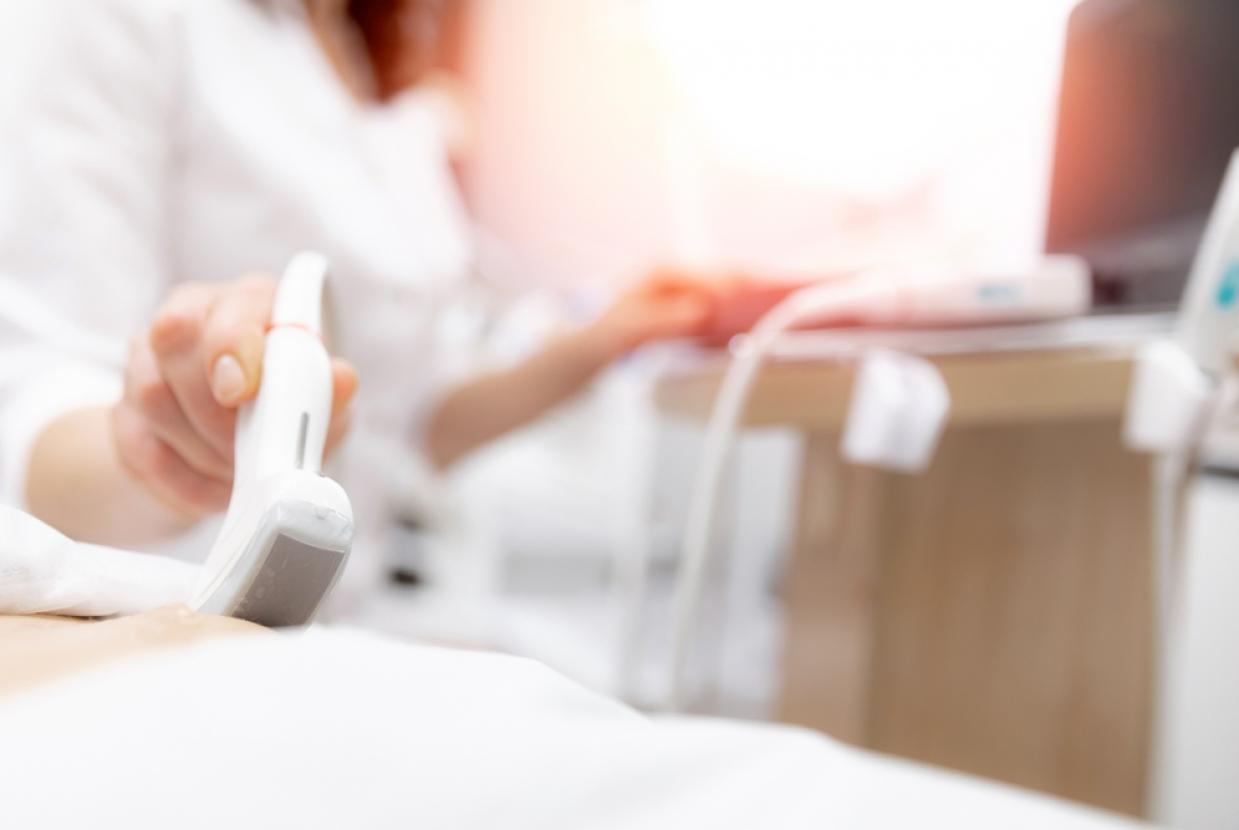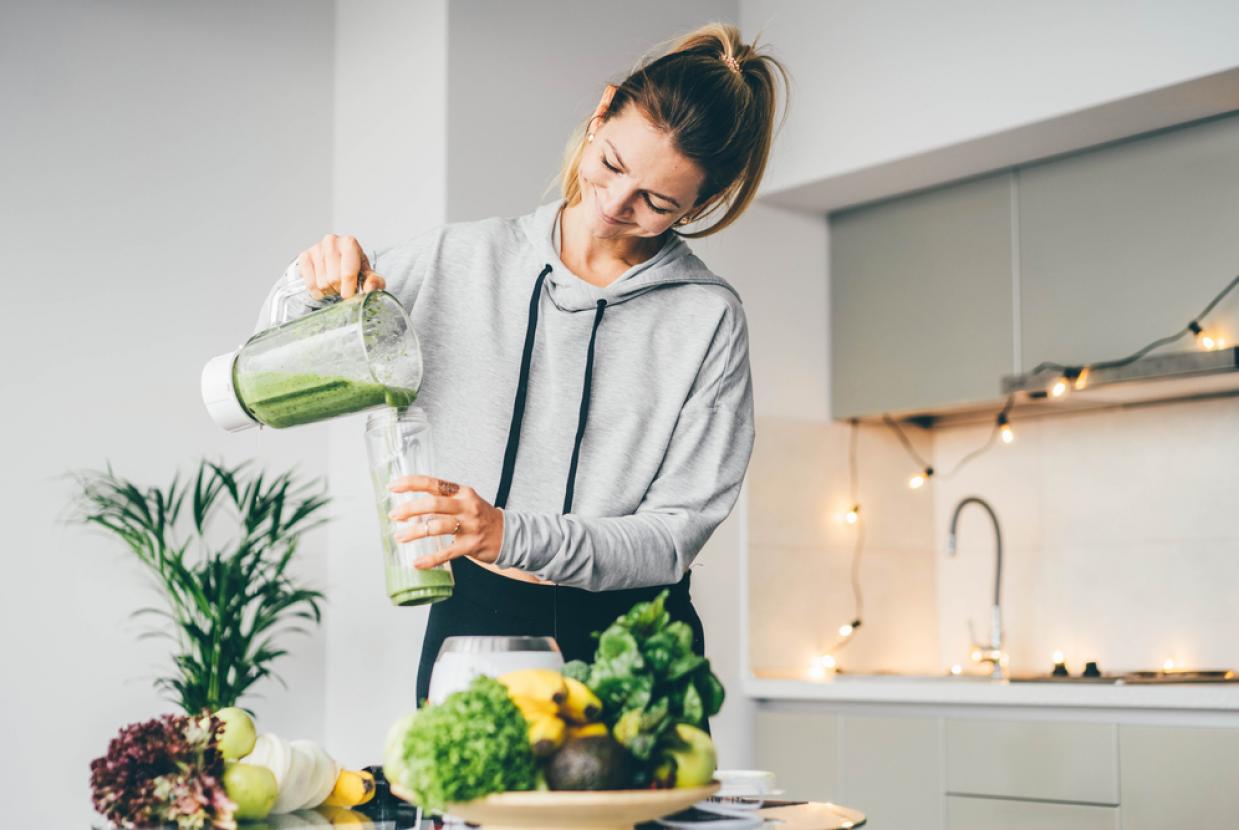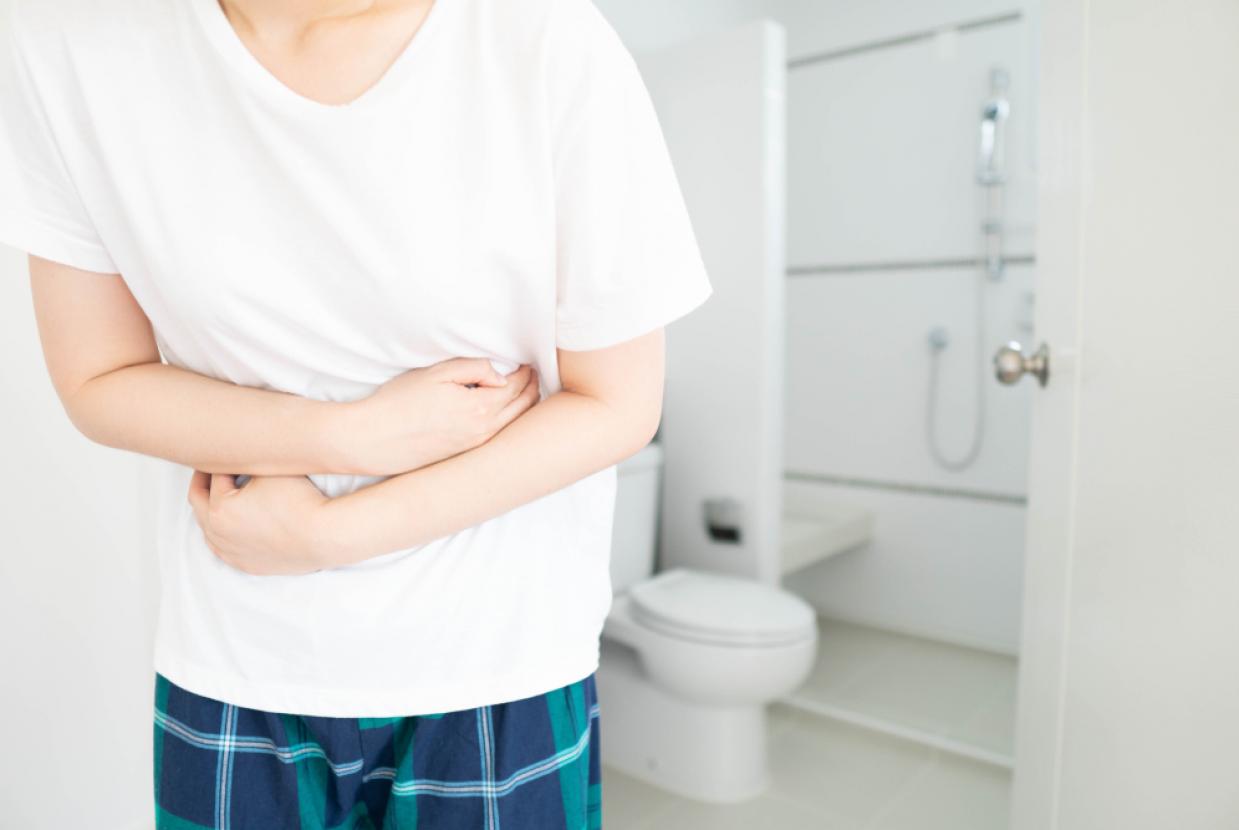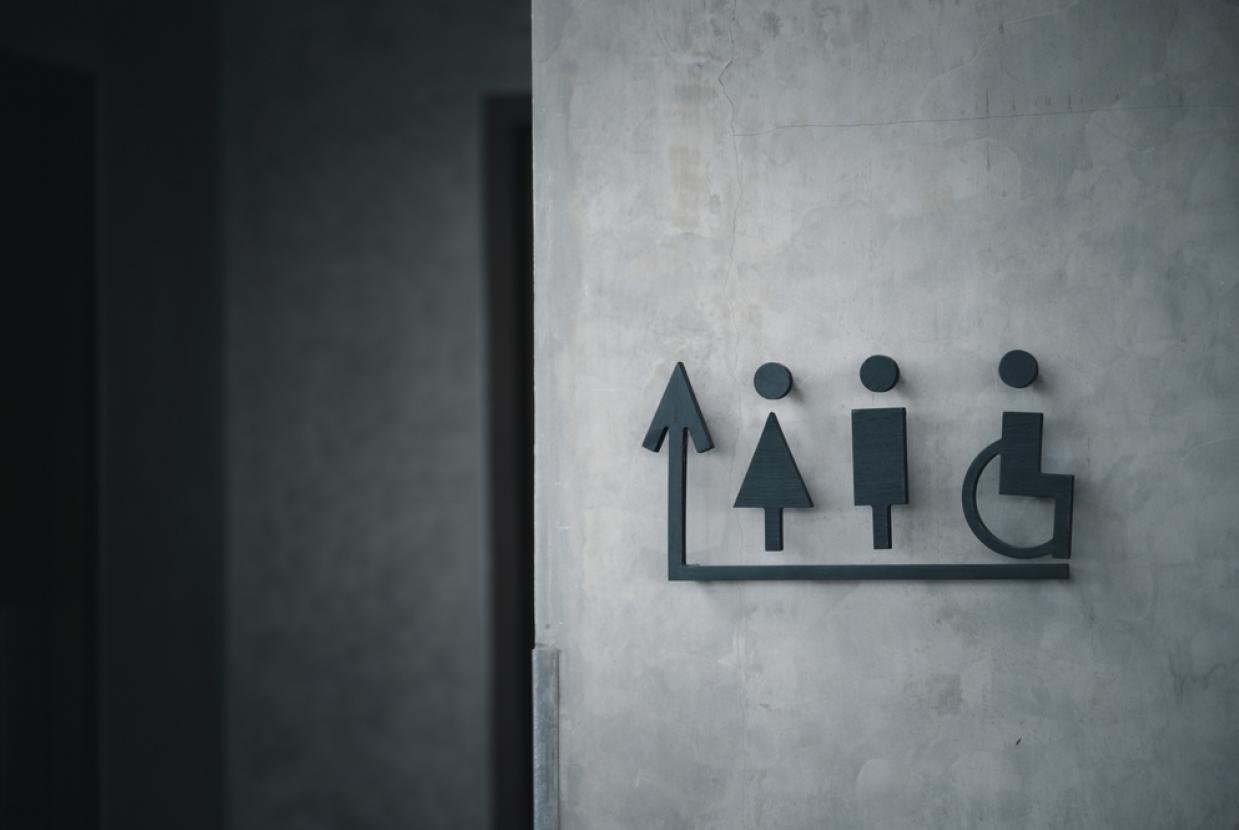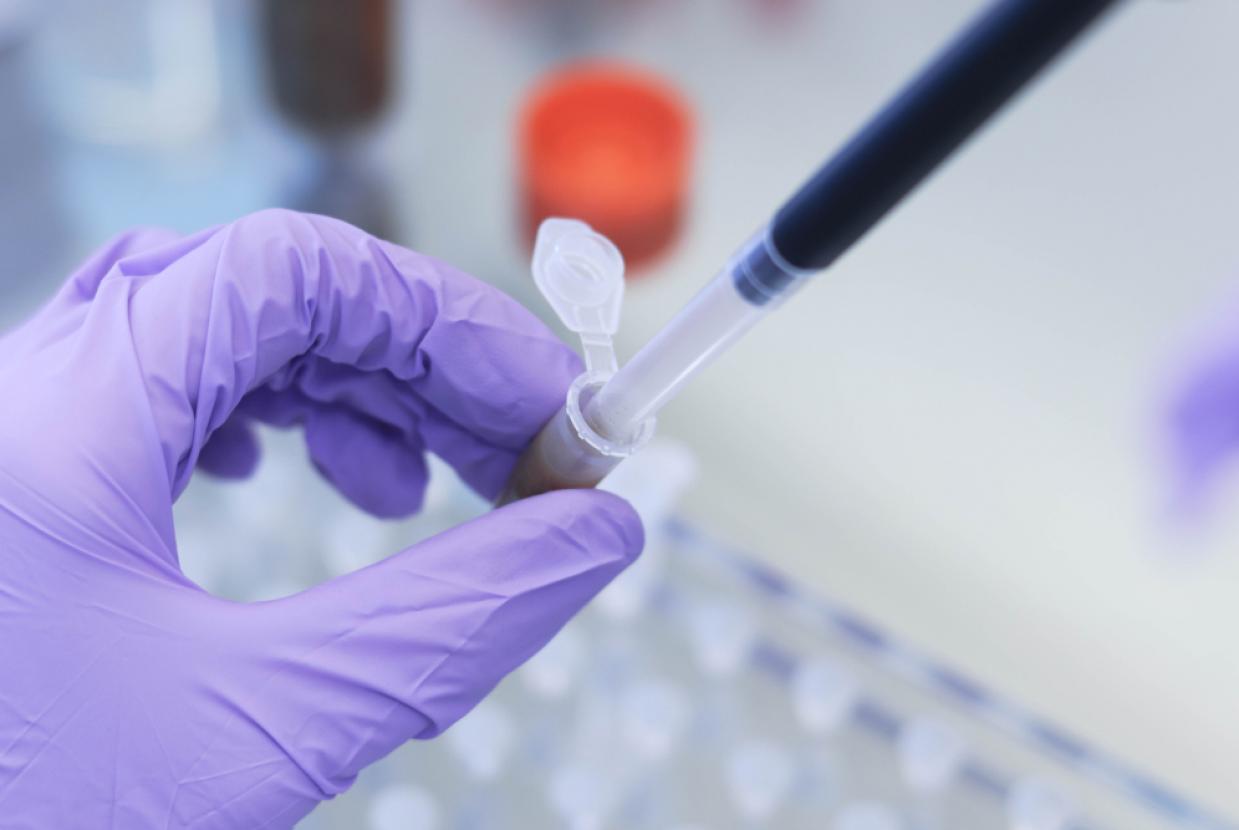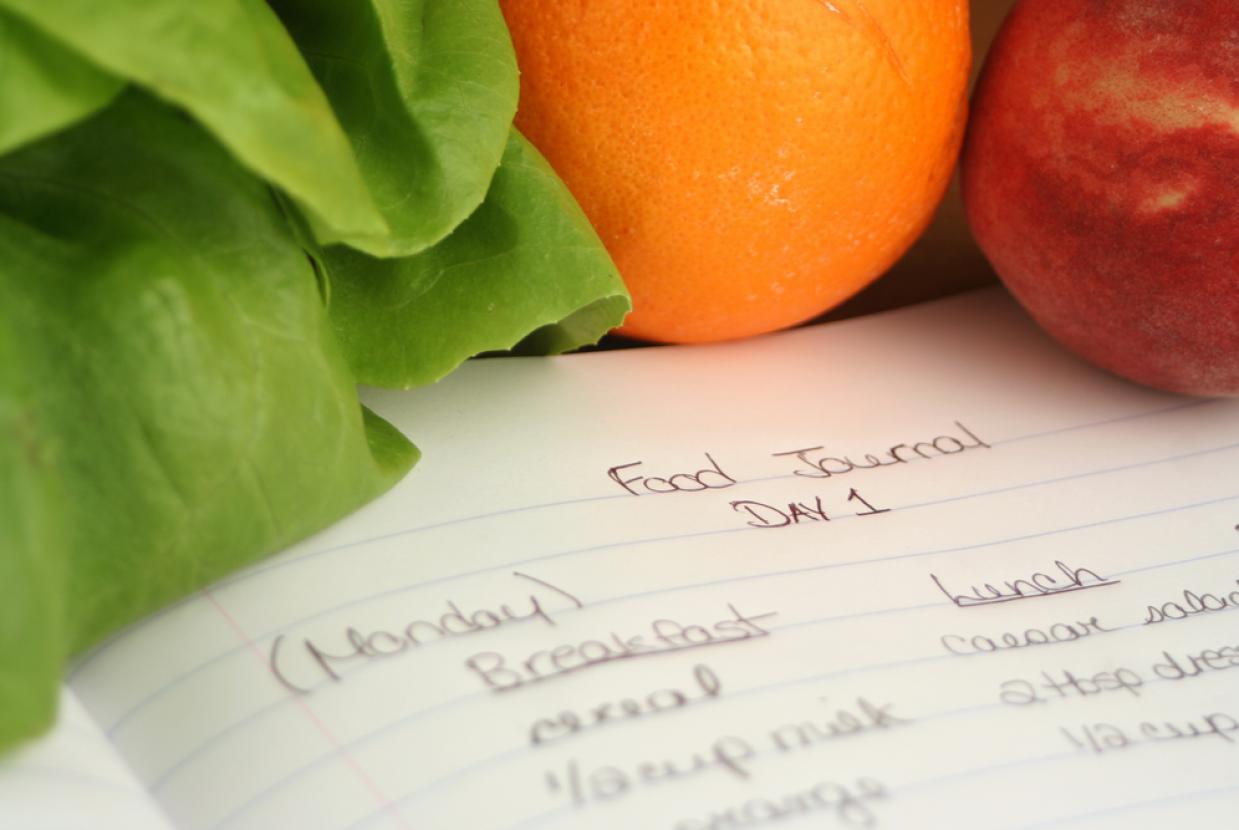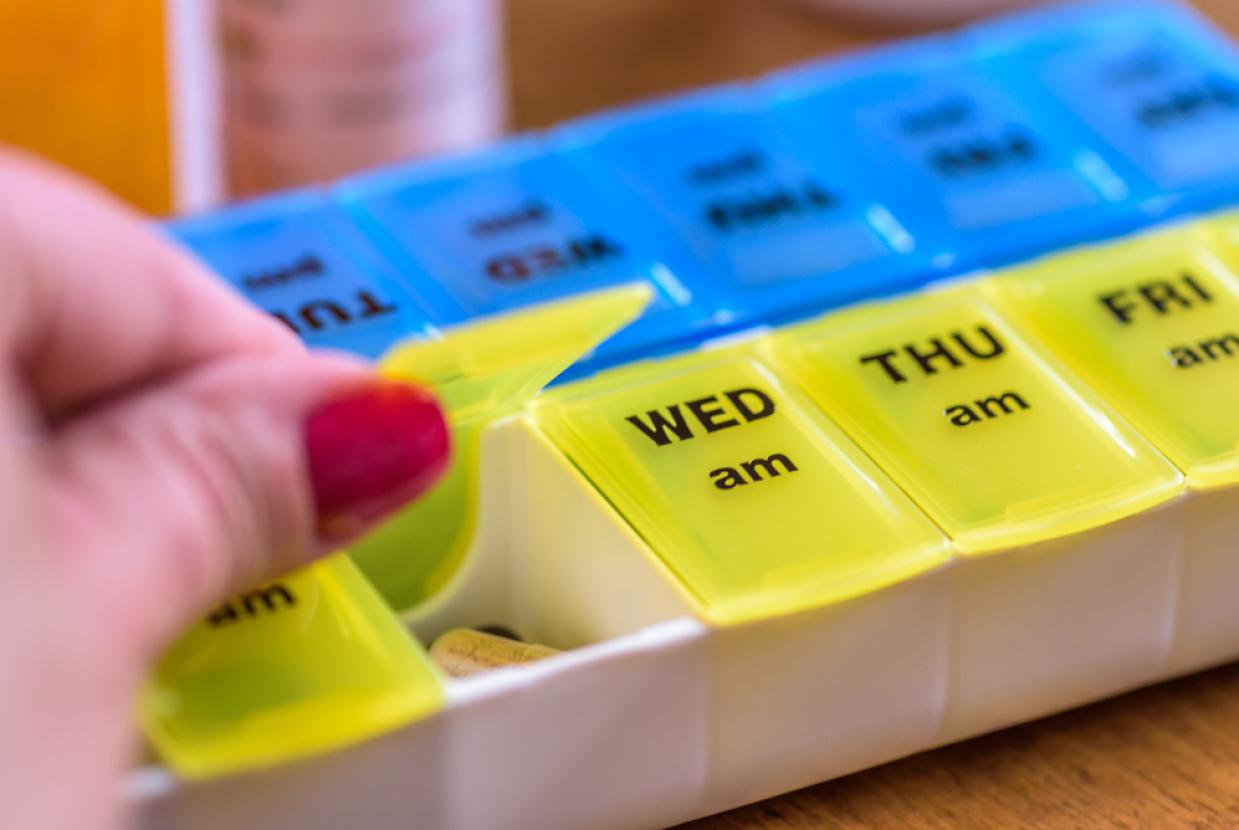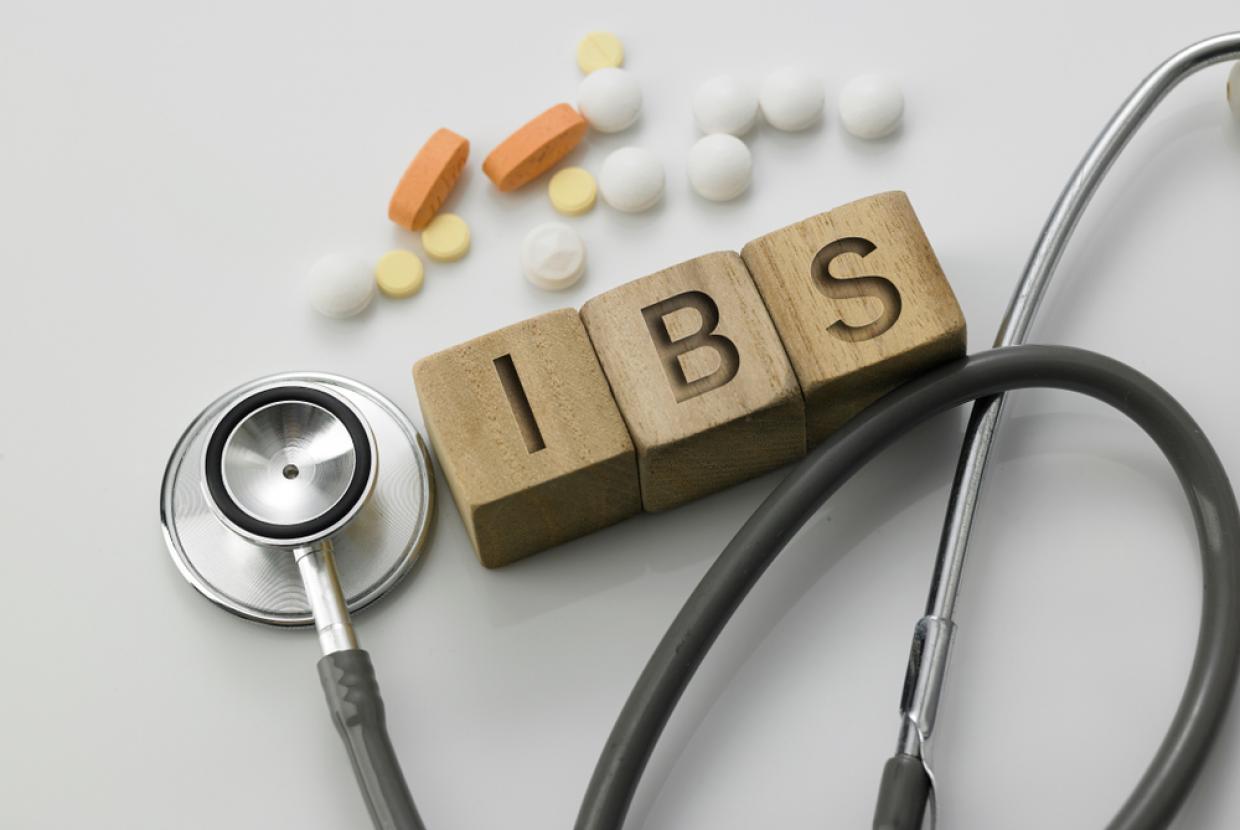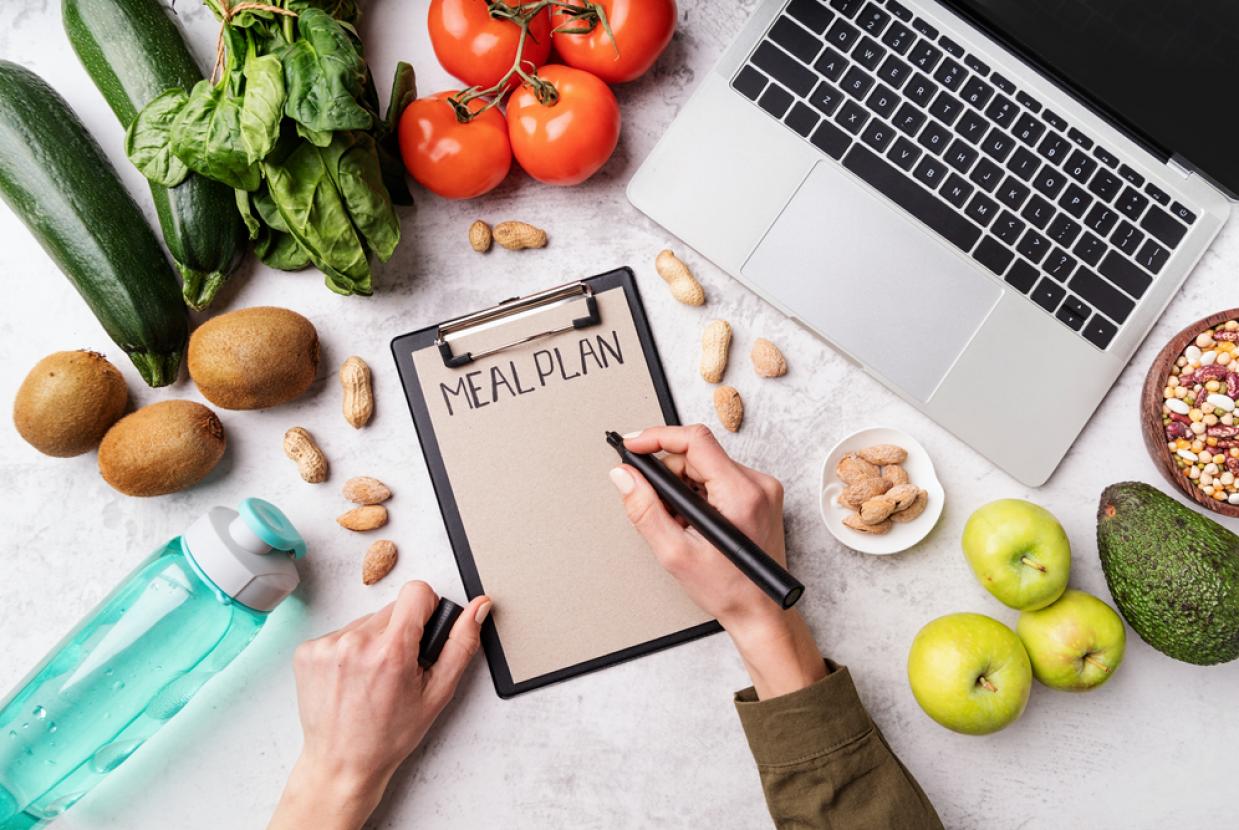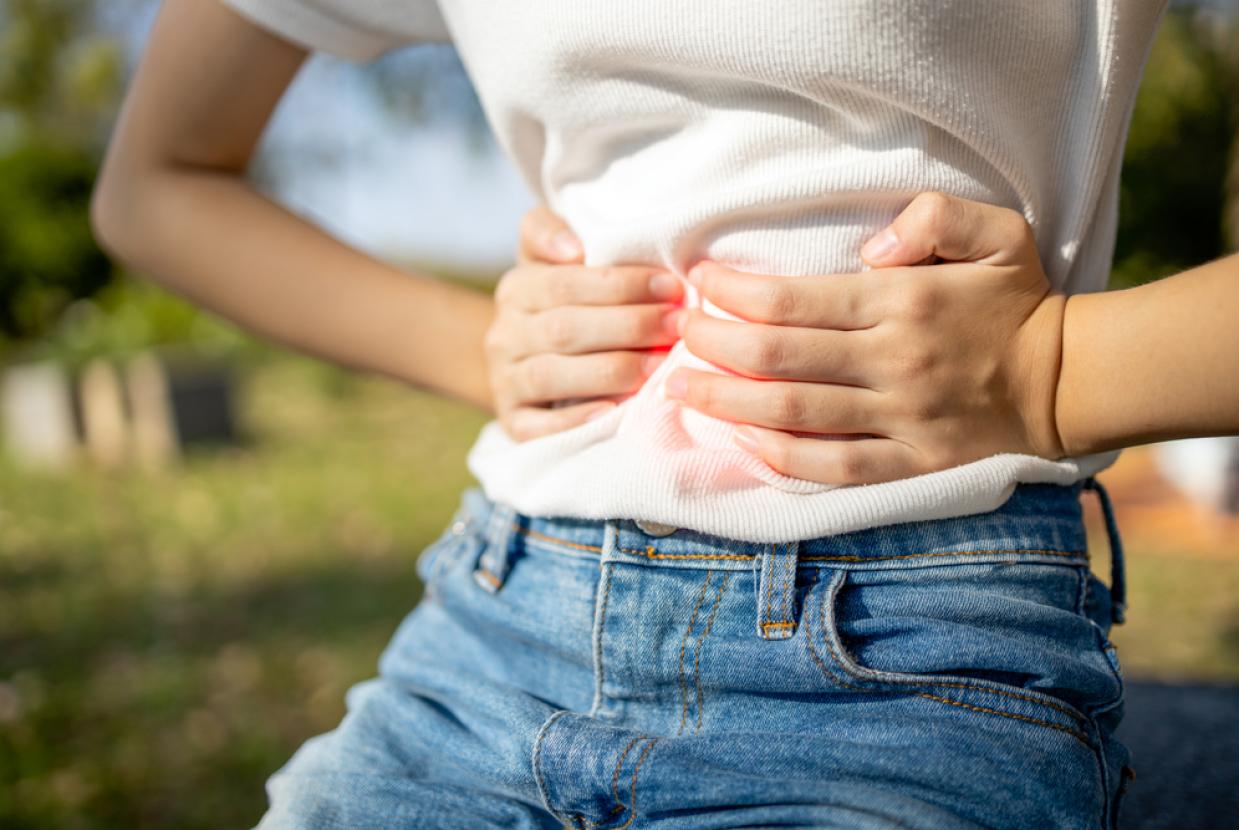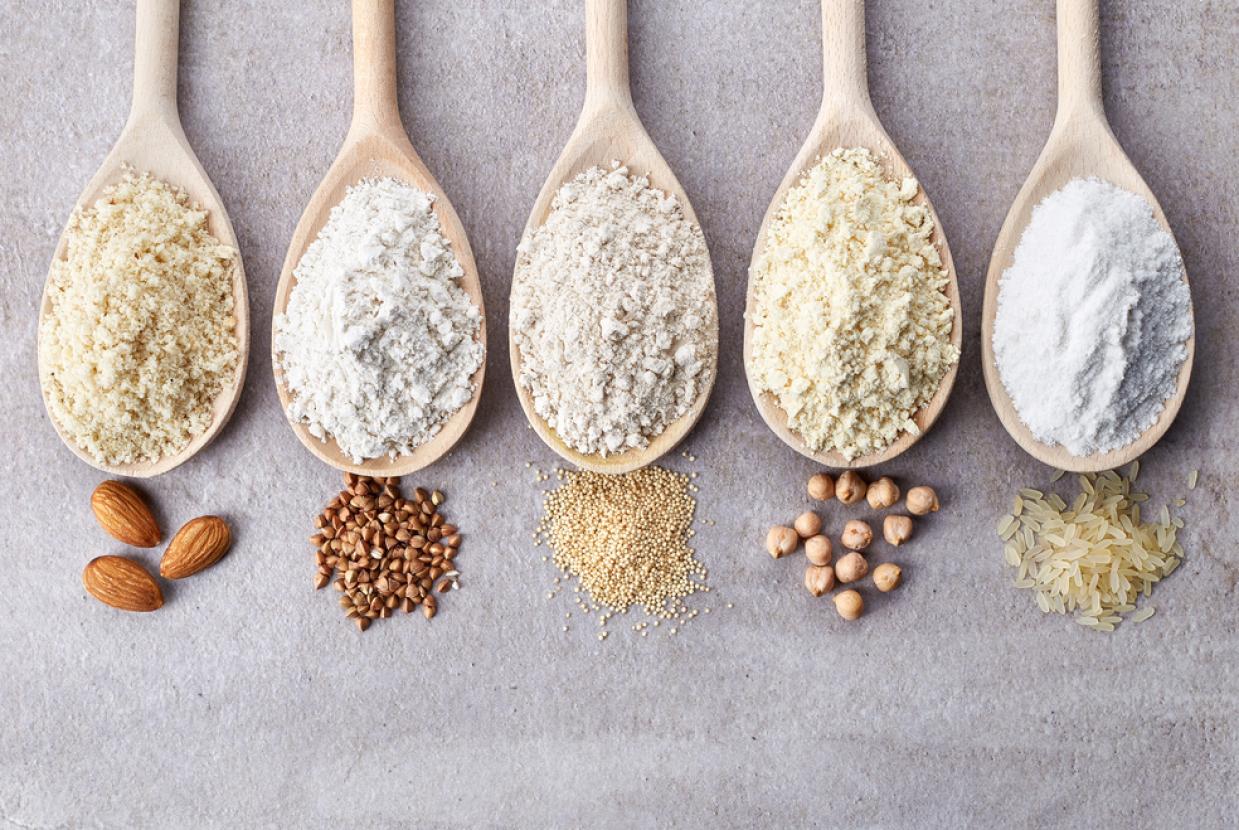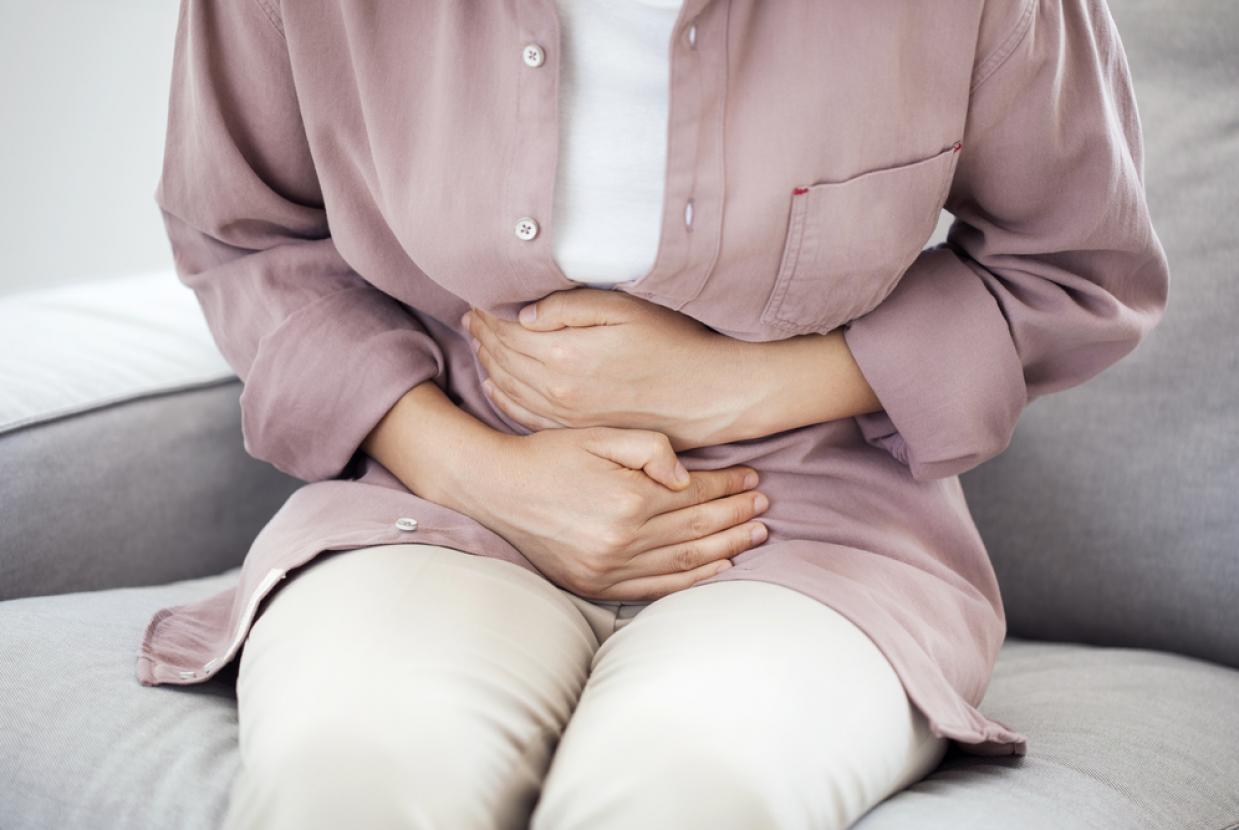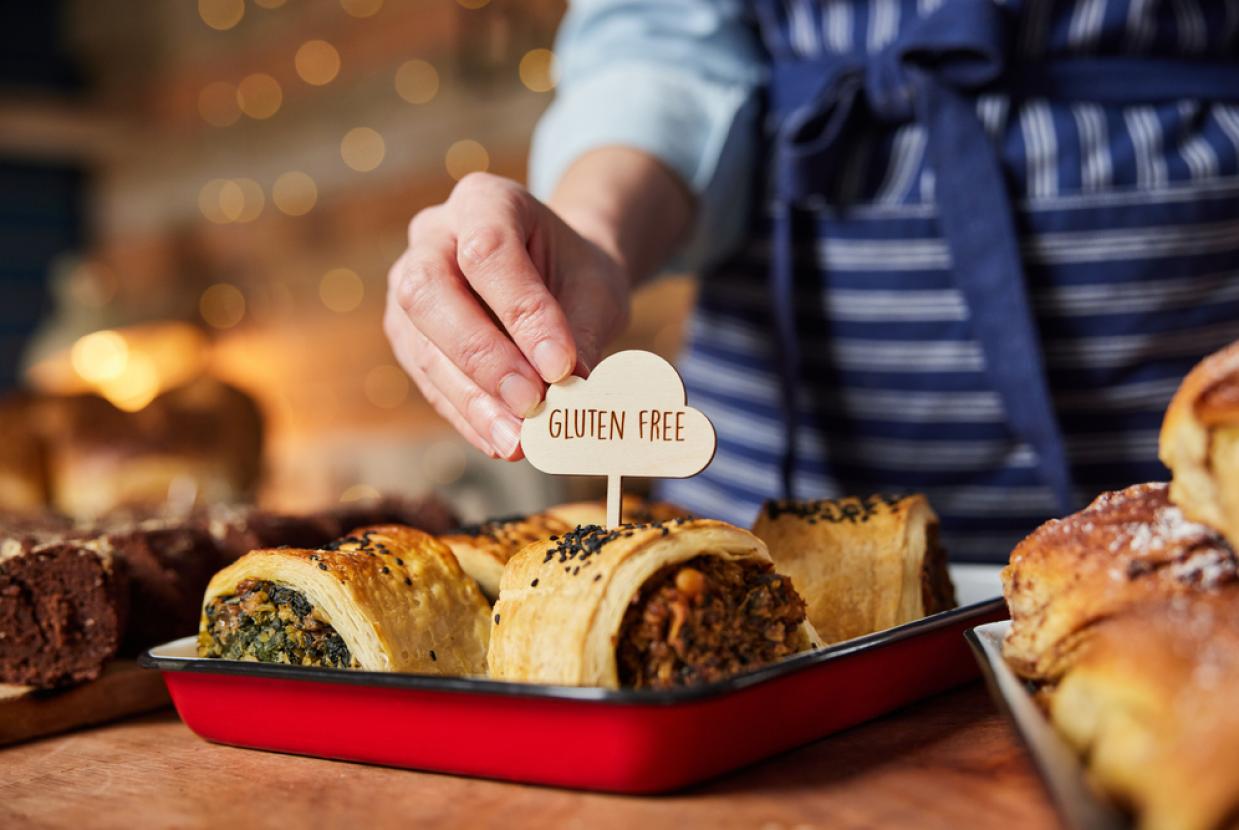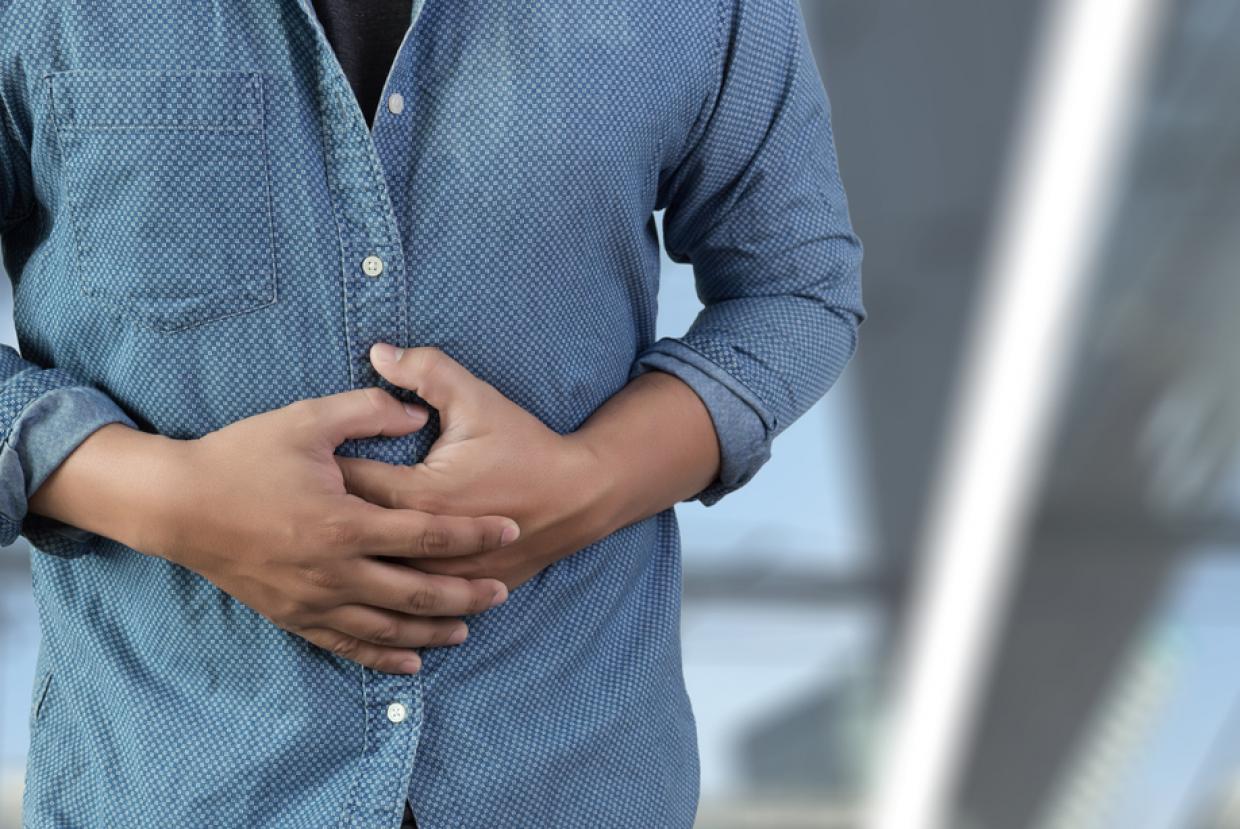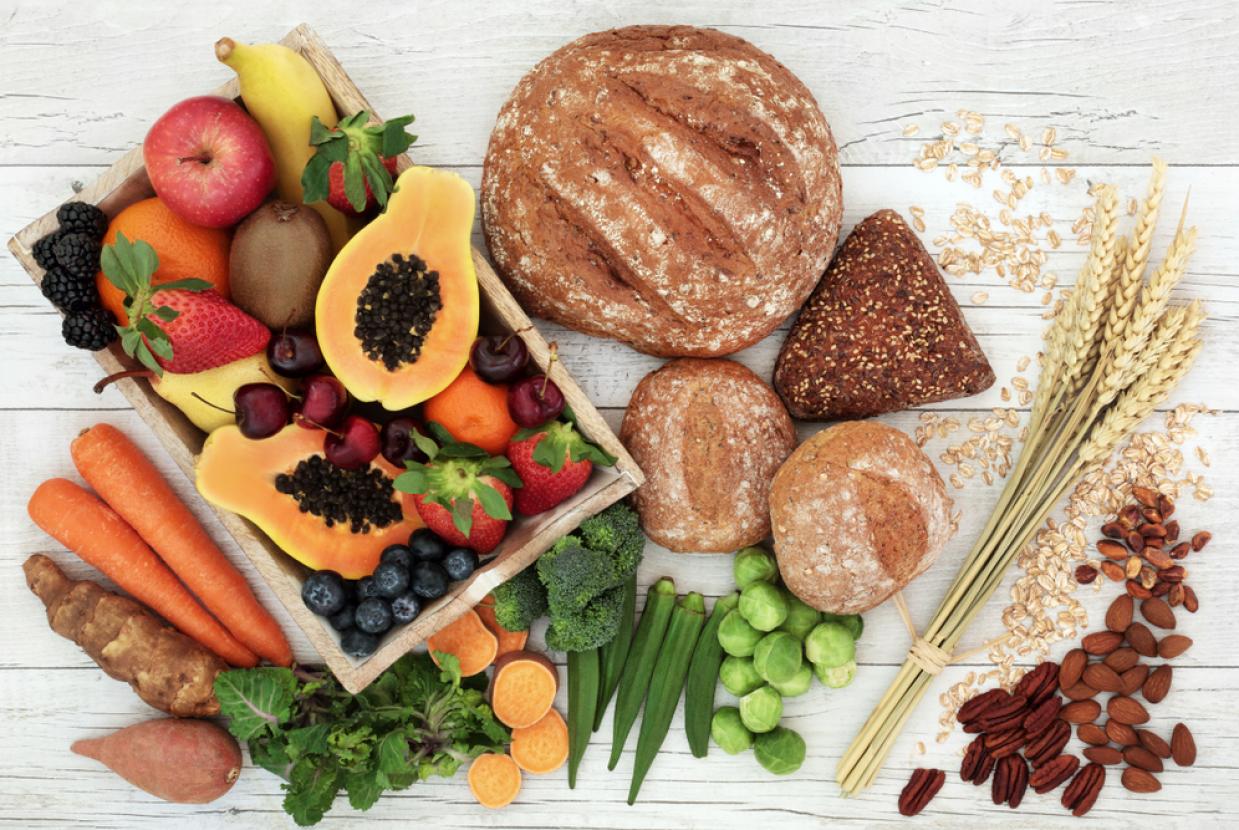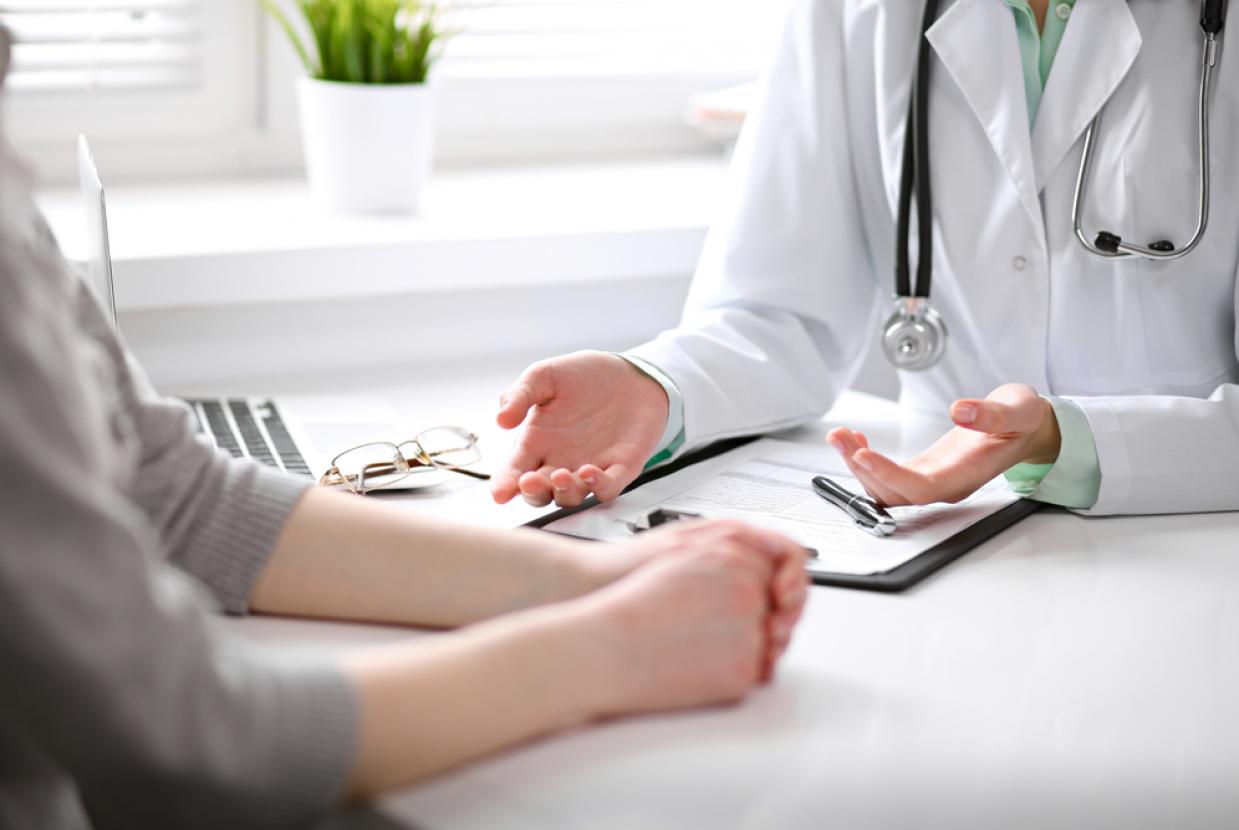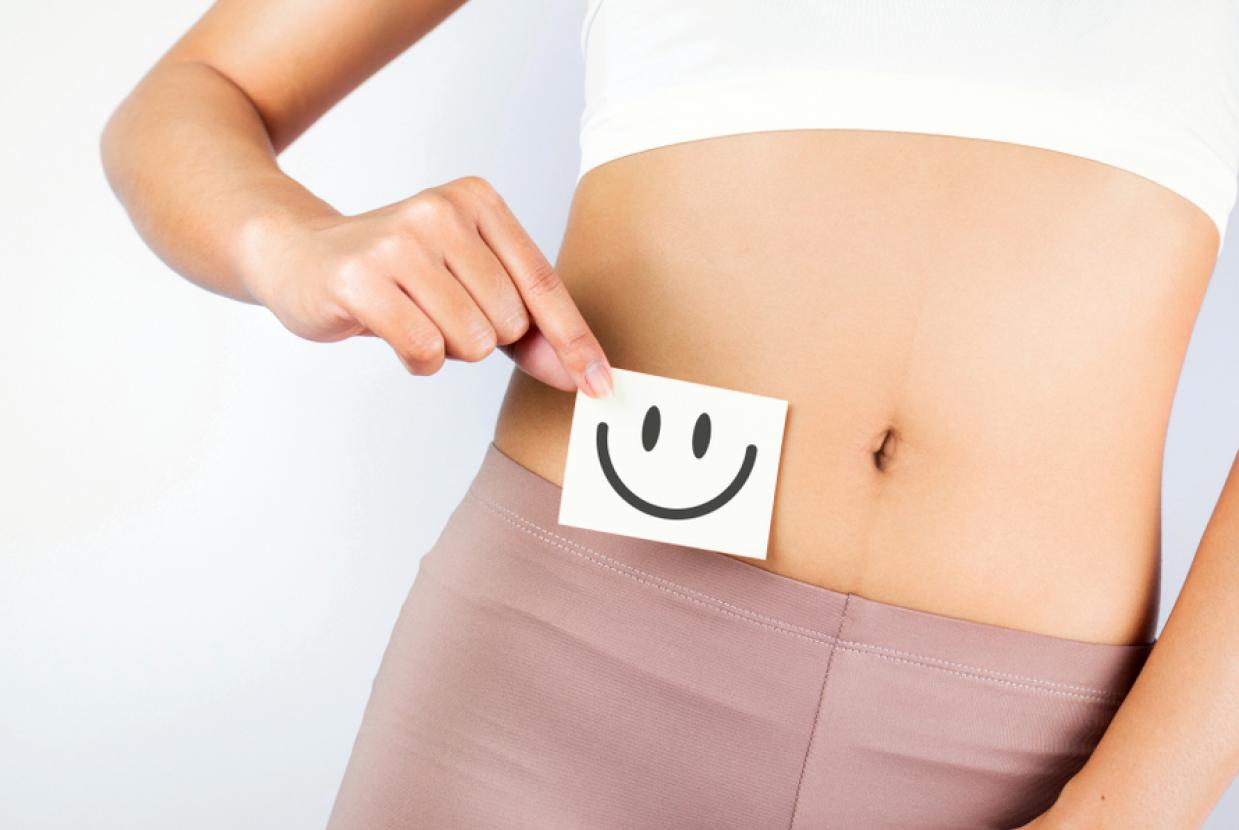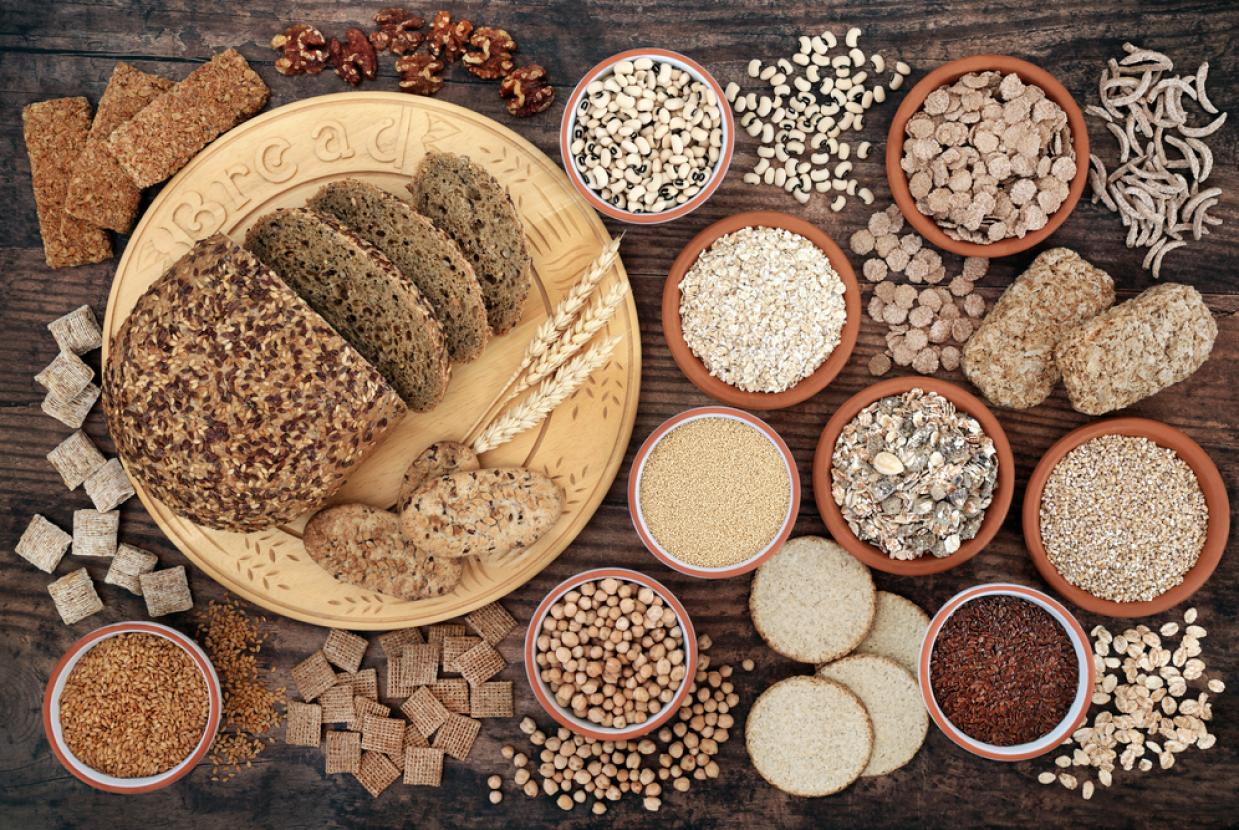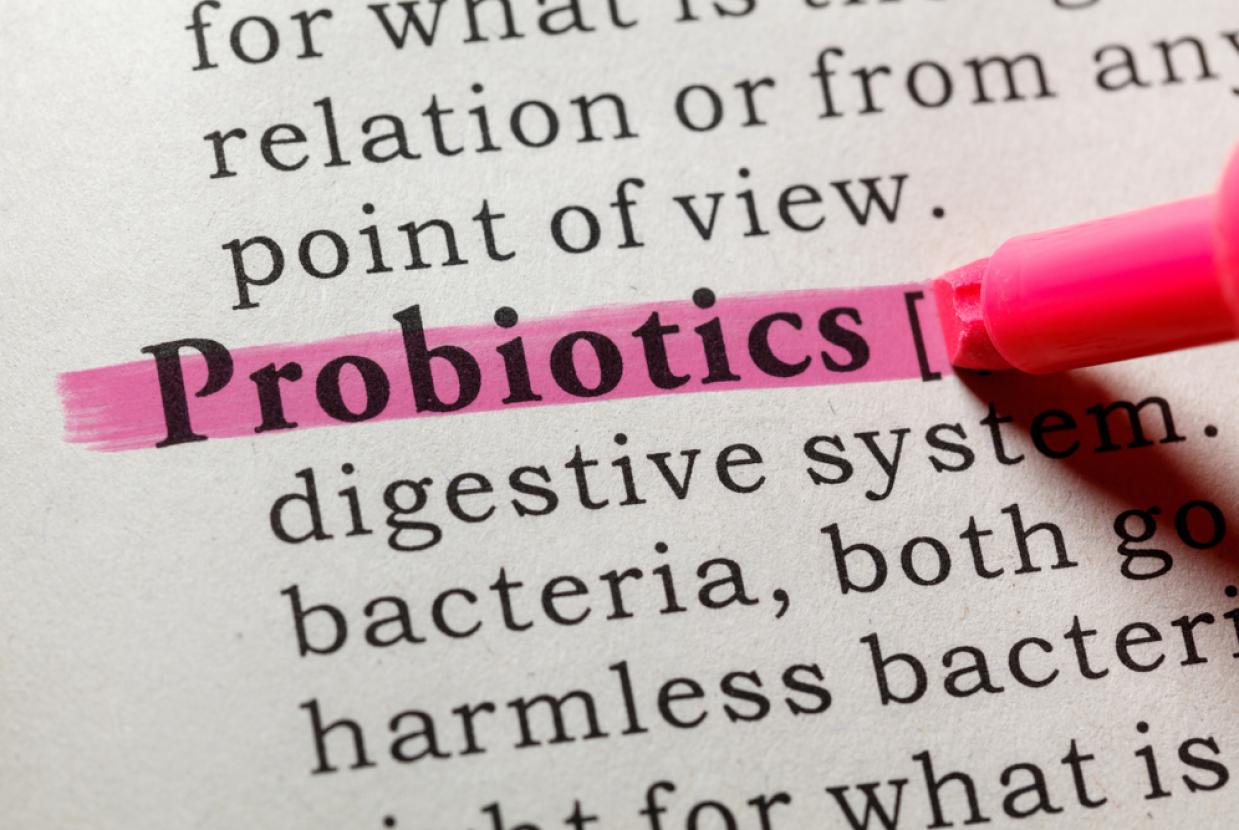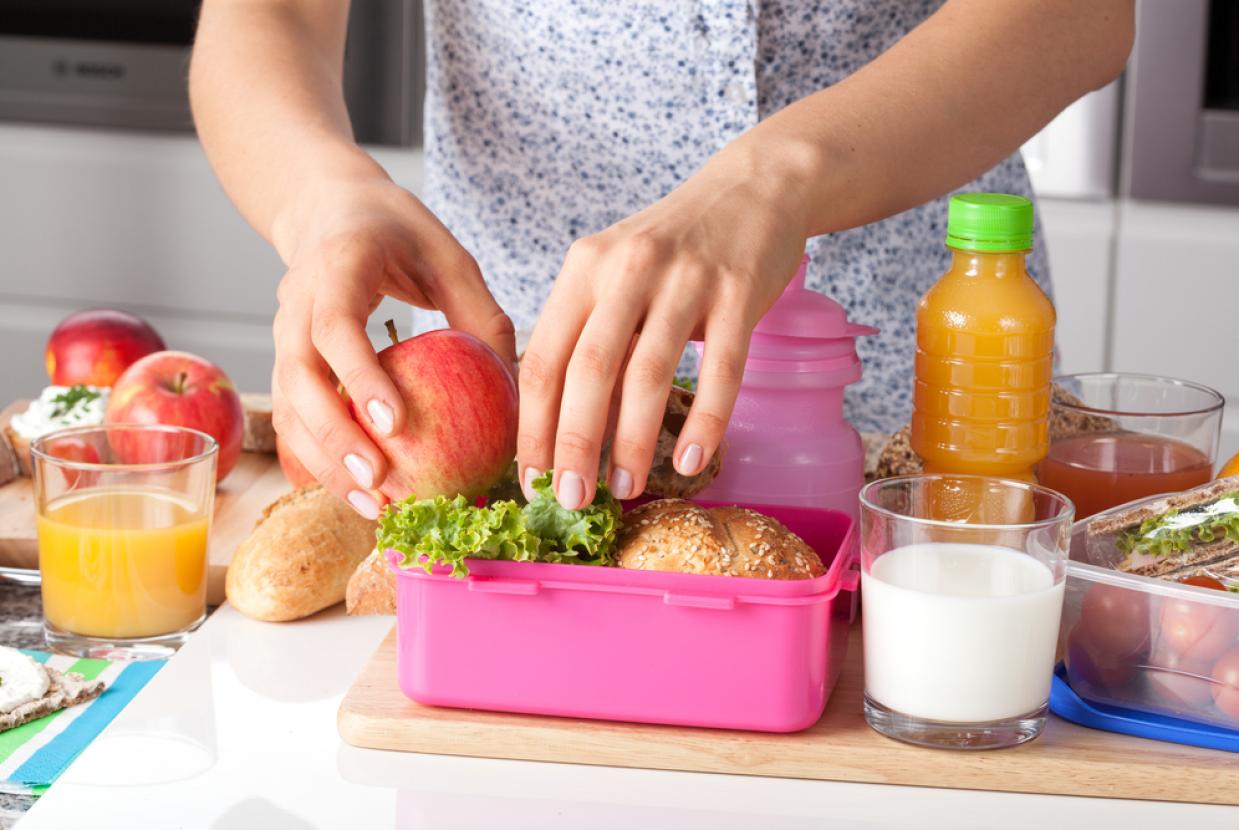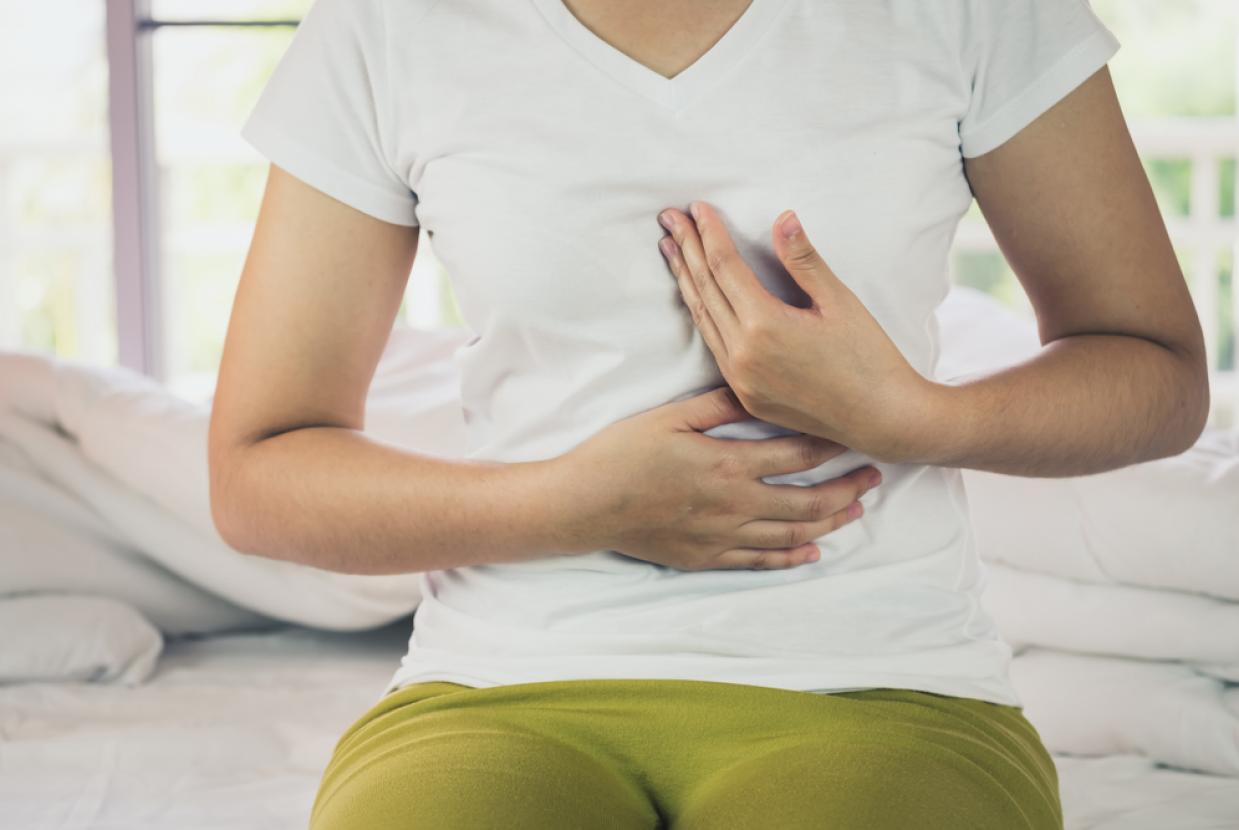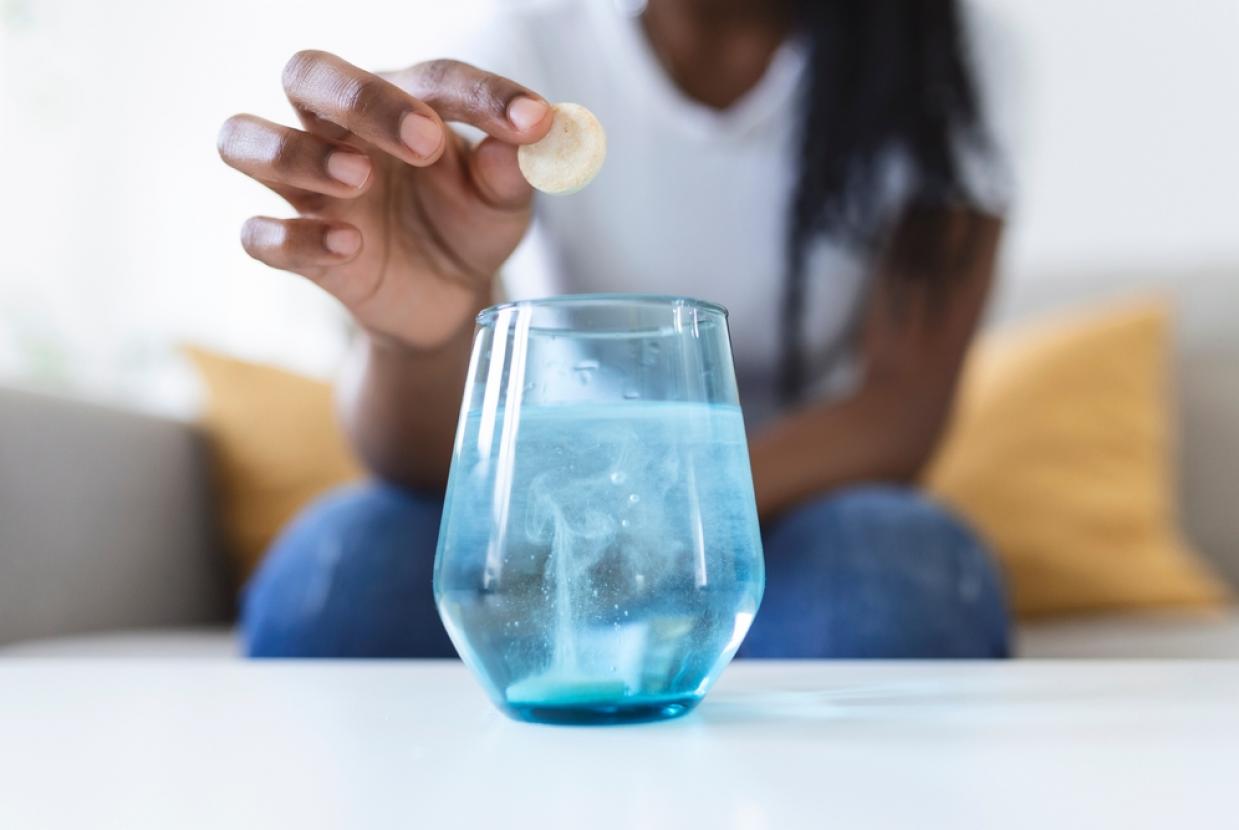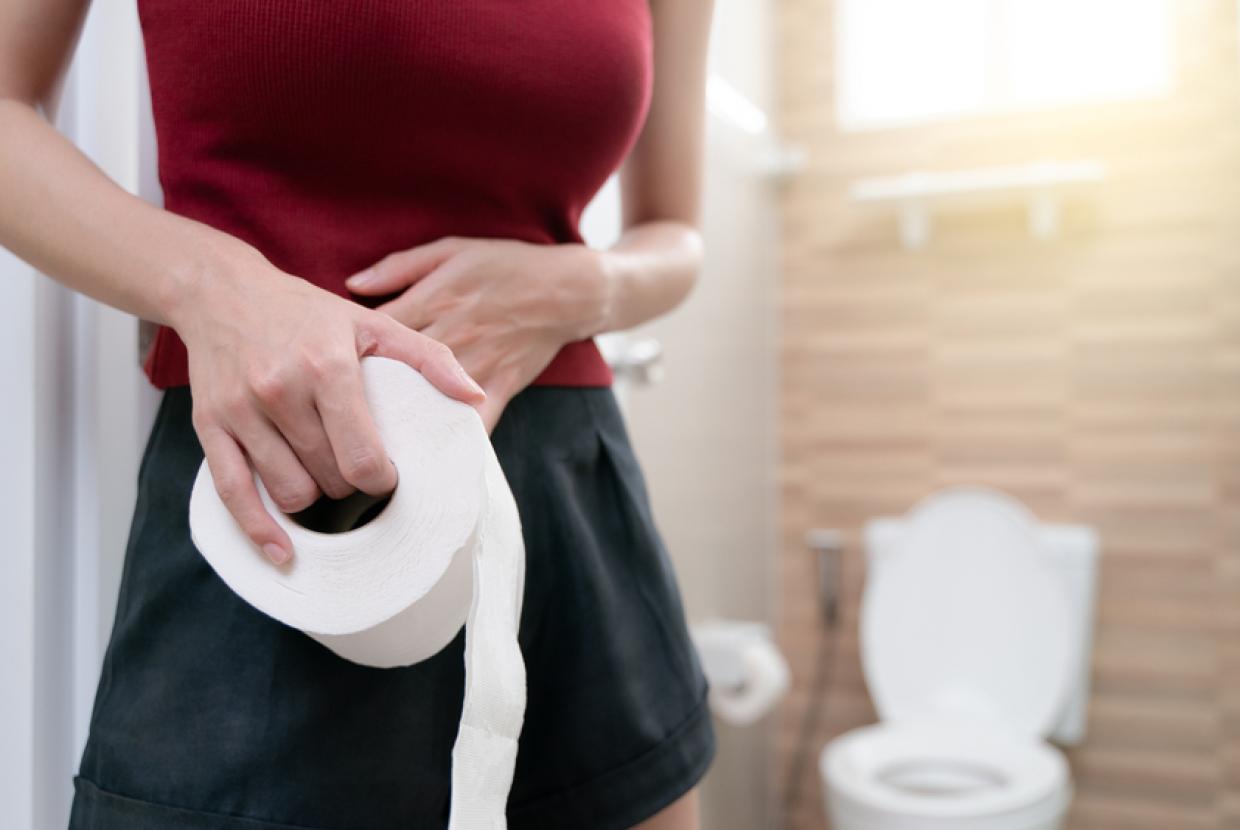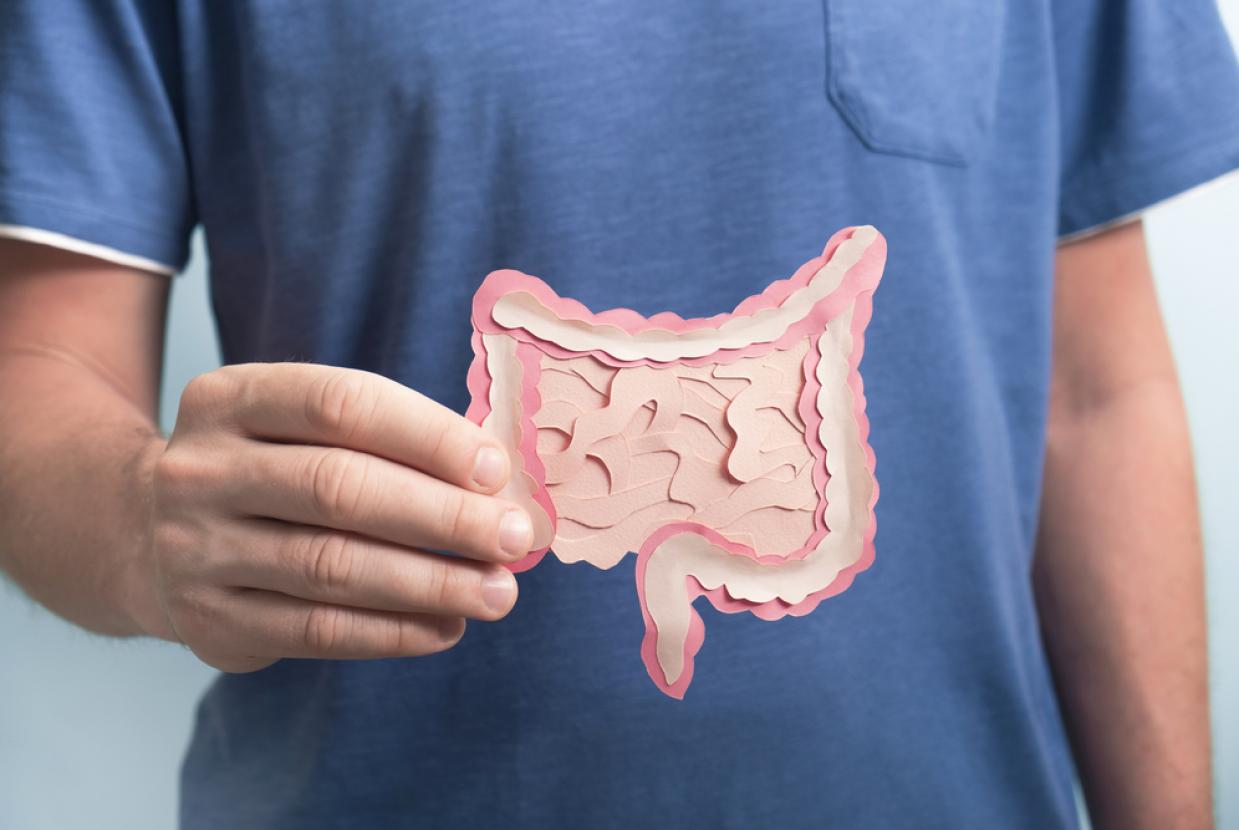Bloating
Bloating is where your tummy feels full and uncomfortable. It's very common and there are things you can do to ease it. But see a GP if you feel bloated a lot or it does not go away.
Symptoms of bloating
You may be bloated if:
- your tummy feels full or bigger than usual
- you have tummy pain or discomfort
- your tummy is rumbling or making noises
- you're farting more than usual
Causes of bloating
The most common reason for bloating is having a lot of gas in your gut.
This can be caused by some food and drinks, such as some vegetables and fizzy drinks, or by swallowing air when you eat.
It can also be caused by a problem with your digestion, such as:
- constipation
- a food intolerance
- coeliac disease
- irritable bowel syndrome (IBS)
Some people feel bloated around the time of their period.
Sometimes, bloating that does not go away can be a sign of something more serious such as ovarian cancer.
How to reduce bloating
Do
- exercise regularly to improve your digestion and help prevent bloating – exercise can also help when you're feeling bloated
- chew with your mouth closed to avoid swallowing air
- drink plenty of water
- eat foods high in fibre if constipated
- eat smaller, more frequent meals instead of large meals
- massage your stomach from right to left to release trapped wind
Don’t
- do not drink lots of fizzy drinks, alcohol or caffeine in coffee and tea
- do not eat lots of foods that are known to cause gas, like cabbage, beans or lentils
- do not eat large meals late at night before bed, or slouch when eating
- do not eat lots of processed, sugary, spicy or fatty foods
- do not eat food you are intolerant to, if you have a food intolerance
A pharmacist can help with bloating
You can ask a pharmacist about:
- laxatives to help treat constipation
- medicines like Buscopan to help ease the bloating
Non-urgent advice: See a GP if:
- you've been feeling bloated for 3 weeks or more
- you feel bloated regularly (more than 12 times a month)
- you've tried changing your diet but keep feeling bloated
- you have a swelling or lump in your tummy
- you have bloating along with being sick, diarrhoea, constipation, weight loss or blood in your poo
- you find it difficult to move or do daily activities because you’re bloated
Immediate action required: Call 999 or go to A&E if:
- you have a stomach ache that came on very suddenly or is severe
- it hurts when you touch your stomach
- you're vomiting blood or your vomit looks like ground coffee
- your poo is bloody or black
- you cannot pee, poo or fart
- you cannot breathe
- you have chest pain
Information:
Do not drive to A&E. Ask someone to drive you or call 999 and ask for an ambulance.
Bring any medicines you take with you.
Treatment for bloating
Treatment for bloating is often not needed. If you need treatment it will depend on the cause.
A GP may:
- refer you to an NHS dietitian if general diet tips, such as cutting down on foods that trigger bloating, are not helping
- refer you to a specialist for tests to find out what may be causing your bloating


